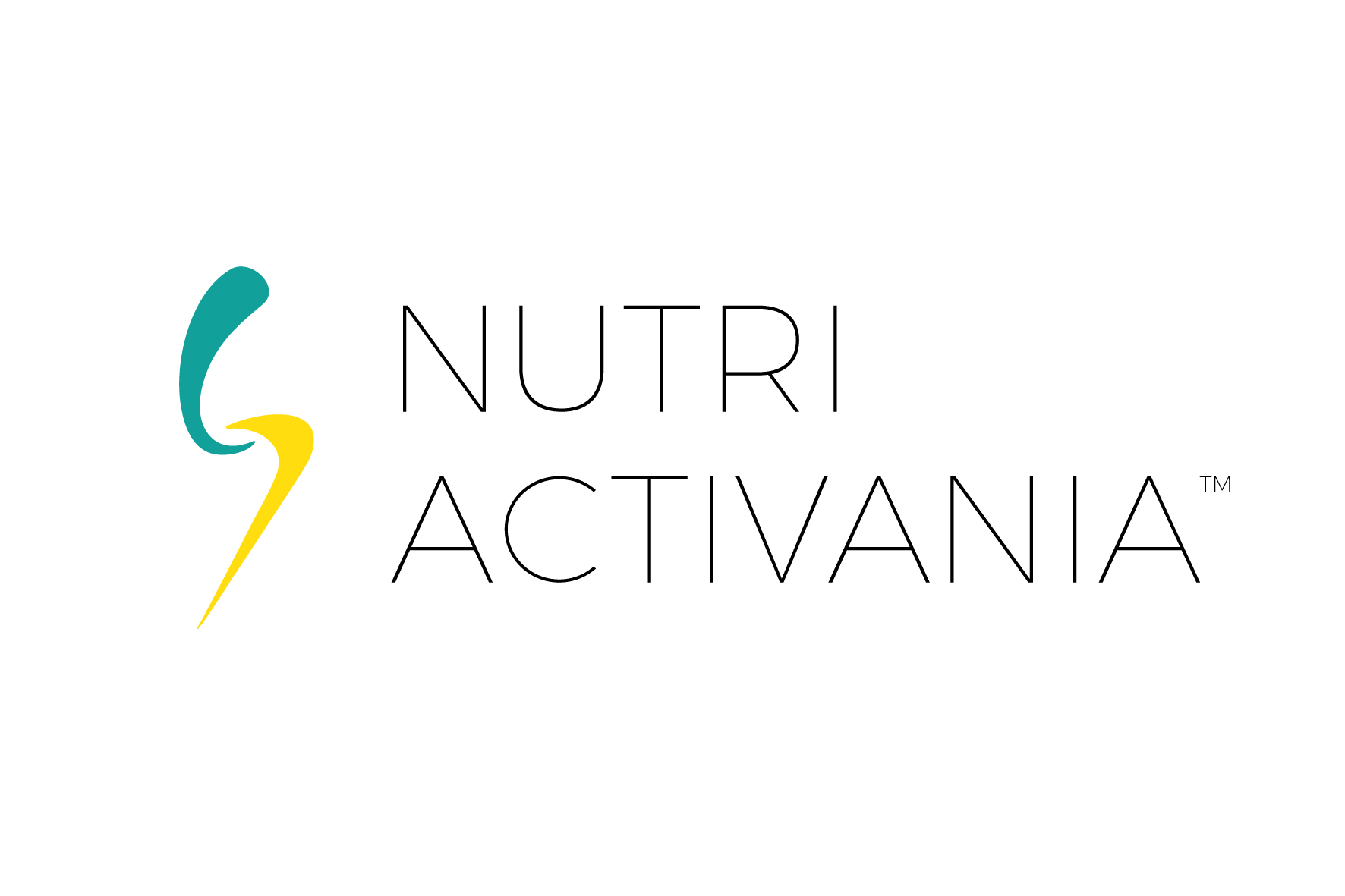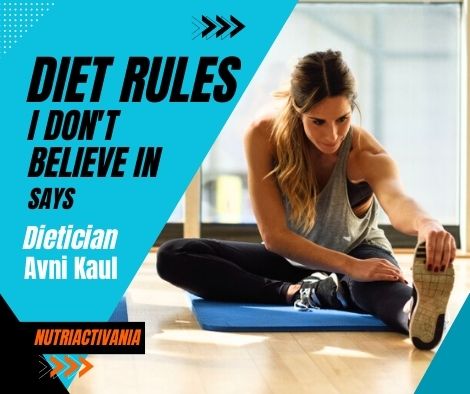With several diet fads, marketing gimmicks, and information accessible through the click of a button, it can be challenging to decipher what advice to follow. Avni Kaul is a qualified nutritionist with a science degree who believes in evidence-based nutrition. Here are five diet ‘rules’ dietician Avni Kaul does not believe in, backed by science.
- A detox will throw out toxins from the body.
No products will ‘detox’ or ‘cleanse’ your body. Your body is not holding or absorbing bad toxics otherwise you would be extremely ill. The human body has its own systems for ‘detoxing’; your lungs, kidneys, liver, and gastrointestinal tract do this for you.
No foods can detox your body however a well-balanced diet could help support a healthy gut microbe for digestion, help to improve sleep for recovery and support daily energy balance. Products that claim to ‘detox’ the body or give a ‘cleanse’ are marketing gimmicks.
- Eating healthy needs to be expensive.
You can eat a healthy, well-balanced diet within your budget. The biggest tip for this is to plan for the week ahead. Design a meal plan for the week and create a shopping list. A well-planned list will prevent you from overbuying and overspending.
It is essential to be aware of your product choices and look at brand comparisons. Look at frozen alternatives for some foods. Fresh and frozen fruit and vegetable have the same nutrition profile as frozen generally, half the price. Always go for what is in season and opt for home-brand options for your basics, for example 1kg of home-branded rice is lesser compared to the branded one.
- Cutting carbohydrates are crucial for reducing weight.
A low-carbohydrate diet is one of the oldest weight loss myths there is. It is not maintainable long-term and could have serious health effects. Carbohydrates are our body’s preferred source of energy. They hold water in your body, so when you cut carbohydrates your overall ‘weight’ on the scales could reduce, however, this is more so because of water loss.
When you reduce your carbohydrate consumption, you see a drop in energy levels, mood, libido, concentration, and sleep causing irritability and fatigue. Each meal should contain some kind of complex carbohydrate to help prevent this. The carbohydrates you want to consume in large amounts are fruits, vegetables, grains, legumes, and seeds while keeping your simple carbohydrates to a minimum; these are inclusive of pastries, confectionary, white bread, and rice.
- Low-fat or fat-free is the healthier choice.
Fats play a vital role in the body working as an energy source, supporting both brain and hormone function, the transport of vitamins and minerals, and heart health. Like anything, you want to consume fats in moderation and prioritize unsaturated fats over saturated or transaturated ones. Your unsaturated fats (monounsaturated and polyunsaturated) could be present in olive oil, avocado, nuts, seeds, and oily fish.
- Eat healthy in the week to let for a cheat meal on the weekend.
You should not be waiting for the weekend to eat a ‘cheat meal’. Straight away this mindset could cause guilt and restriction. All food needs to be balanced and consumed in moderation for a healthy diet. It is fine to indulge in cravings when they happen (within reason). It is mostly seen that people frown on the idea of eating a pizza or a burger during the week, however it is acceptable during the weekend. The day of the week need not matter.
If you spend a week ‘waiting’ to eat your favorite meal, you are more likely to overeat or eat it even if you do not feel like it at the time. The advice is to prepare and plan your weeks, including a weekend but also try to listen to your body and think about the 80/20 method for a healthier balanced relationship with both food and your body.
- Is It Safe to Eat Mango If You Have Diabetes? - April 30, 2024
- Amazing Indian Foods to Lower Your Blood Pressure Level Naturally - April 26, 2024
- Fruits That Can Help You Lose (or Maintain Your) Weight - April 23, 2024

